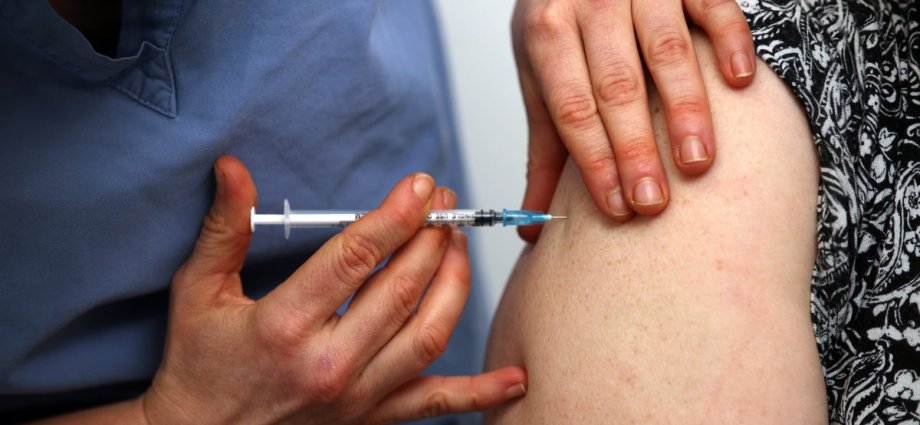Researchers tracking dementia cases in UK adults have discovered the shingles vaccine could cut the risk of patients developing the disease.
Health data of more than 280,000 adults revealed adults who received a discontinued shingles vaccine called Zostavax were 20 per cent less likely to develop dementia over a period of seven years than those who did not.
In the study led by Stanford Medicine, published in the journal Nature, researchers took advantage of a vaccine roll out that took place in Wales in 2013.
Shingles, a viral infection that produces a painful rash, is caused by the same virus that causes chicken pox. After people contract chicken pox the virus stays dormant and in older or have weakened immune systems, the dormant virus can reactivate and cause shingles.
The vaccination program, which began in September 2013, specified that anyone aged 79 was able to get the vaccine for one year.

Researchers focused their analysis on those closest to either side of the eligibility threshold — comparing people who turned 80 in the week before with those who turned 80 in the week after.
Over the next seven years, the two groups were compared and found the vaccine reduced the occurrence of shingles by about 37 per cent over a period of seven years.
By 2020, one in eight older adults, who were by then 86 and 87, had been diagnosed with dementia. But those who received the shingles vaccine were 20 per cent less likely to develop dementia than the unvaccinated.
This finding supported the emerging theory that viruses which affect the nervous system can increase the risk of dementia and suggests a preventative measure for the memory robbing disease is already close at hand.
“It was a really striking finding,” Pascal Geldsetzer assistant professor of medicine and senior author of the new study said. “This huge protective signal was there, any which way you looked at the data.”
The study also showed that protection against dementia was much more pronounced in women than in men, which Geldsetzer suggested could be because women have higher antibody responses to vaccination and shingles is more common in women than in men.
Whether the vaccine protects against dementia by revving up the immune system overall, by specifically reducing reactivations of the virus or by some other mechanism is still unknown.
In the past two years, his team has replicated the Wales findings in health records from other countries, including England, Australia, New Zealand and Canada, that had similar rollouts of the vaccine. “We just keep seeing this strong protective signal for dementia in dataset after dataset,” he said.
Professor Anthony Hannan, Group Head of the Epigenetics and Neural Plasticity Group at the Florey Institute of Neuroscience and Mental Health, said: “It is possible that the vaccine had direct effects on these brain immune cells, but it is also possible that the vaccine acted indirectly, for example, by slowing brain aging and/or enhancing brain resilience to the ravages of age.
“The next step is to work out exactly how this vaccine exerts its protective effects against dementia and to use that information to develop new ways to prevent and treat dementia. It also increases the likelihood that in future there may be specific vaccination programs whose primary aim is to prevent dementia.”











